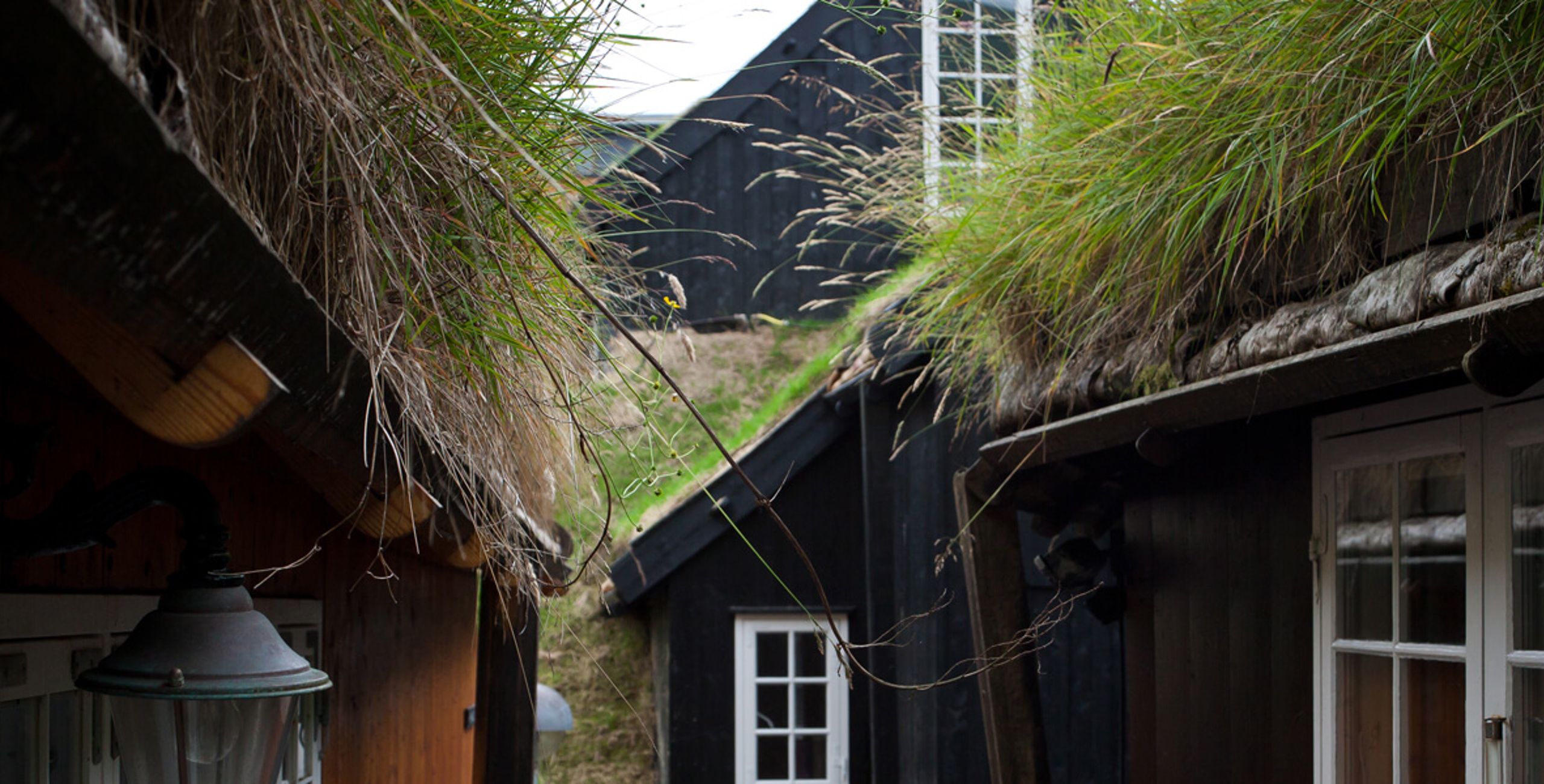The first known settlers in the Faroe Islands were Irish monks, who in the 6th century AD told of the “Islands of the Sheep and the Paradise of Birds”.
Viking age settlers establish their free state
The name Føroyar (Faroe Islands) is derived from old Norse and means Sheep Islands, a name given by the Viking age settlers arriving from Norway in the 9th century. The medieval culture and organisation of the Faroe Islands was clearly Norse in origin and form, and they established their Althing (parliament), later named Løgting, at Tinganes in Tórshavn. Tórshavn still is the capital city of modern days Faroe Islands, and it claims to hold the oldest parliament in the world.
Special status under foreign Monarchs
Viking age Norwegian kings long aspired to gain control over the Faroe Islands, but for many years the Faroese managed to fight them off. However, by the latter half of the 12th century the Faroe Islands eventually became firmly attached to the Kingdom of Norway.
The Faroe Islands joined Norway into the dual monarchy with Denmark in the late 14th century. When this union was succeeded by a Norwegian-Swedish union in 1814 the former Norwegian territory of the Faroe Islands remained under the sovereignty of the Kingdom of Denmark. Due to, among other factors, remoteness vis-à-vis both Norway and Denmark, the Faroes Islands always maintained a special jurisdiction along with their distinct language and culture, guarded by the ancient Løgting.
The royal trade monopoly long stood in the way of development. When it was abolished in 1856 an export oriented commercial fishing industry rapidly developed in the Faroe Islands kickstarting the development of a modern market economy and population growth.
Nation building
The special constitutional status, combined with a growing export oriented economy and a cultural national awakening by the late 19th century, fuelled a Faroese nation-building process and the establishment of political autonomy. Since adopting the Home Rule agreement of 1948 the Faroe Islands has had extensive self-government.
A diversed economy and welfare state
Today fisheries and aquaculture are the basis for the production and export of high quality Faroese fish products, which constitute 95 per cent of the total income of exported goods. Diversification of the economy and the development of a welfare society has led to a variety of working opportunities in the modern Faroese society.
With economic wealth the Faroese have developed a welfare society much along the lines of the typical Scandinavian welfare state model, e.g. with free education and healthcare for all.

Back
History of the Faroe Islands